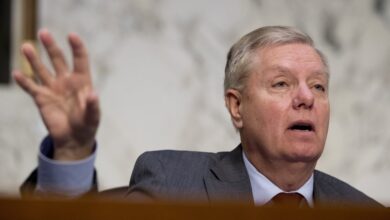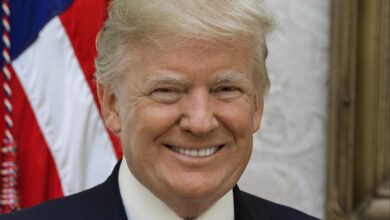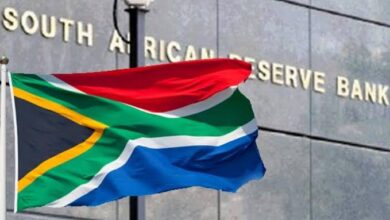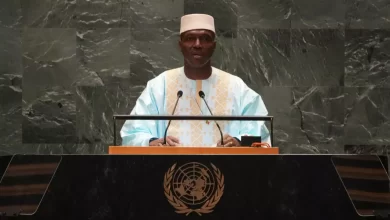Alberto Fujimori, Former Peruvian Leader, Passes Away At 86
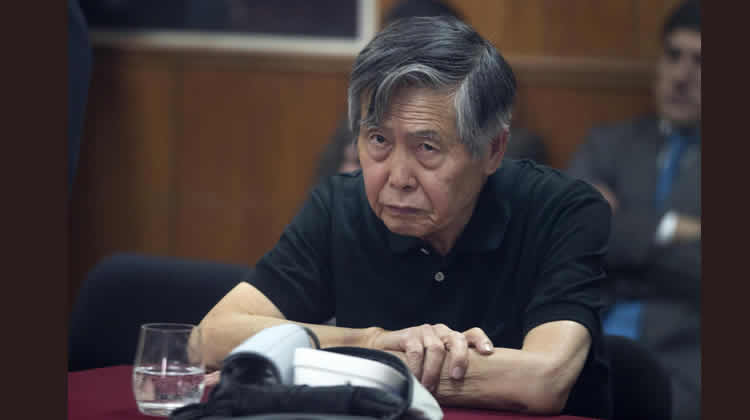
Alberto Fujimori, Peru’s former president and one of the most controversial political figures in the nation’s history, passed away at the age of 86 in Lima on Wednesday, according to a statement from his family. After spending 16 years in prison for crimes against humanity, Fujimori’s health had deteriorated significantly in recent months due to cancer. His children, Keiko, Hiro, Sachie, and Kenji Fujimori, announced his death on social media platform X, asking supporters to join them in prayers for the repose of his soul. “Thank you so much, Dad!” they wrote in their heartfelt message.
Fujimori served as Peru’s president from 1990 to 2000, a decade marked by both economic reforms and a brutal counterinsurgency campaign against the Shining Path, a Maoist guerrilla group that terrorized the country during the 1980s and 1990s. His government is credited with stabilizing the Peruvian economy and bringing a significant reduction to the rampant violence that had plagued the nation. However, these accomplishments were overshadowed by allegations of widespread human rights abuses and corruption, which culminated in his imprisonment.
In 2009, Fujimori was sentenced to 25 years in prison for crimes against humanity, after being convicted of authorizing army death squads to carry out massacres in 1991 and 1992. The operations, conducted under the guise of anti-terrorism efforts, led to the deaths of 25 people, including a child. Despite his conviction, Fujimori maintained significant political influence in Peru, particularly through his daughter Keiko, a prominent right-wing politician who has run for president multiple times. His legacy remains deeply divisive, with supporters praising his role in defeating the Shining Path insurgency and revitalizing the economy, while critics condemn the violence and authoritarianism that characterized his rule.
Fujimori’s final months were marked by a rapid decline in health following treatment for mouth cancer in August. Though his health issues were well-known, the news of his death still reverberated through Peru, where the former leader’s impact on the country’s political landscape is still felt. In December, he was released from prison on humanitarian grounds, having served two-thirds of his sentence.
Just weeks before his death, his daughter Keiko announced that the family patriarch, despite his failing health, would run for president again in 2026. This announcement reignited political debate in Peru, where Fujimori’s political dynasty still retains a significant following, even as his legacy continues to polarize the country.
Fujimori’s mixed heritage—being of Japanese descent—was a notable aspect of his public identity. He was the first Peruvian of Asian descent to rise to the presidency, a symbol of diversity in a country that had historically been dominated by European-descended elites. However, his presidency also led to one of the most controversial periods in modern Peruvian history.
The former president’s death closes a significant chapter in Peru’s political history, but his legacy remains a source of debate. Supporters of Fujimorism, the political movement associated with him, continue to wield influence in Peruvian politics, especially through his children. Keiko Fujimori, in particular, has sought to position herself as a legitimate heir to her father’s political vision, despite her legal battles and multiple failed presidential bids.
Alberto Fujimori’s reign remains a symbol of both progress and pain in Peru—a period when the country experienced economic stabilization but at the cost of widespread human rights abuses. While many Peruvians continue to view him as a necessary force who saved the country from terrorism, others see his rule as a dark period of authoritarianism and repression. With his death, the nation will continue to grapple with the complex legacy he left behind.
